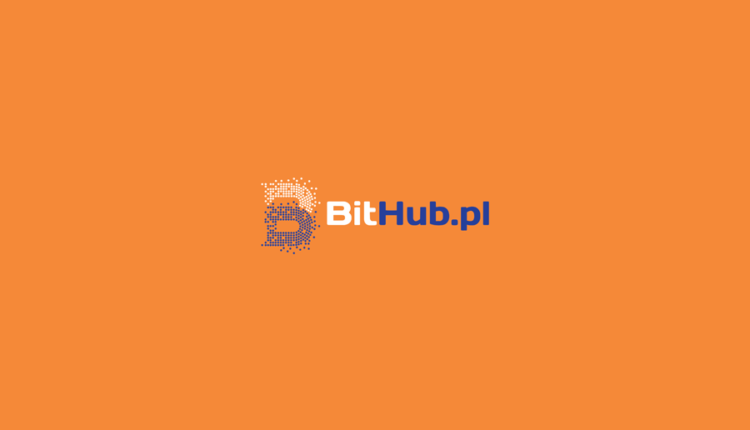
#SundayInterview. We Talk to Pierre Gerard, Scorechain’s CEO
One of the big promises of the Blockchain is facilitating the creation of real peer-2-peer economy. But it’s not only about technology. We also need new business models and the involvement of the peers, says Pierre Gerard, CEO at Scorechain.com in Bithub.pl’s #SundayInterview.
Blockchain-as-a-Service: what is it exactly and how is it being used?
Pierre Gerard: I think you refer to one of our offer that Scorechain provides; basically, we provide all the infrastructure – hosting – and the Blockchain layer with all the tools to monitor, maintain and deploy Blockchain App and smart-contracts and/or chain codes. If a customer needs a platform to develop a proof-of-concept or test a service, we define its needs and we configure a “ready-to-use” Blockchain environment. Today this service is mainly used to develop PoC and to showcase the first results of the developments.
One of the projects you’re involved in is blockchain analysis or blockchain intelligence, in other words: a type of data mining. Being a sort of a total registry with possible applications in many fields how will blockchain affect our privacy and security?
PG: Right, 2 years ago people thought that the main problem to use the Blockchain was the lack of privacy and now the same ones think that there is a big lack of confidentiality as all the transactions are public. Depending on the usages, you need some transparency or some confidentiality with encryption for instance or pseudonymity. There is a lot of projects that are trying to solve these issues and I am sure that it won’t be a problem in the future as solutions will exist to fulfil with business and private needs. We see also that the Blockchain can help to solve some privacy issues with a better knowledge of who can access your data, for instance all the works around sovereign identity…
What is the potential of blockchain to create real peer-2-peer economy, like Uber without Uber, only contractors participating in a deal? How realistic is it, with smart contracts and such?
PG: This is one of the big promises of the Blockchain, but it’s not only about technology as we need new business models and also the involvement of the peers. In a peer to peer economy who is writing the smart-contracts? Who can guarantee they comply with law and regulations, how do you do the marketing? I see a bright future but not for tomorrow.
Would you say that at this stage of its evolution blockchain is applicable to any type of online business? When you think of businesses that can use blockchain-based solutions the most the first thing that comes to mind are finances. What are the less obvious areas of business that can profit from blockchain?
PG: No, today there are basically two things that we can really do with the Blockchain; payments with transaction and tractability; for most of the other usages I think it’s too early, there is a lot of experimentation but no 1-billion-dollar business running on a Blockchain. Finance is identified as a target but how can you really disrupt a model with the players – who most of the time are the incumbents? Again, the true potential of Blockchain is to redefine eco-systems and I have no crystal ball.
Can blockchain be an underlying technology for solutions available to the masses? Now it’s sort of esoteric thing, but maybe we can create widely accessible and practical tools like search engines or social media based on blockchain. Is it viable?
PG: I don’t think it’s esoteric but I don’t think it is viable today. People get disillusioned with how Facebook and Twitter manage their data and how they use it. Today we benefit from “free” services like mails, photos & videos platforms because our data are monetized with advertising. In a true peer-to-peer economy using the Blockchain – a User-Controlled Social Media – users could be in control of their data. The BAT project – Basic Attention Token – is a first step in that direction with a new distribution of the values between the players.
What is your forecast for cryptocurrencies? Will they evolve to be used as a pretty normal method of payment? Will many of them last?
PG: I think we will see more and more crypto-assets (coins, tokens etc.) usages. I am not sure that we’ll buy our pizza and pay with Bitcoin maybe it will only use as a payment layer to simplify the payment processing and reduce the number of intermediaries – so reduce the costs as well. More and more crypto-assets will emerge, the challenge will be to manage all of them, to create some kind of liquidity to facilitate their usages.
Interviewed by Przemyslaw Cwik

